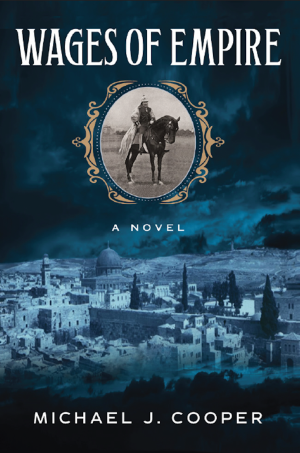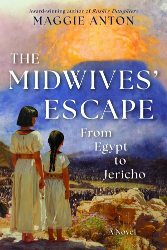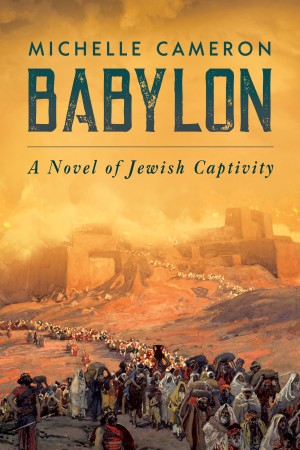September 1, 2021
Picture in the Sand is a historical suspense novel about faith, hope, terror, and the movies.
In 1954, a young movie fan named Ali Hassan gets a dream job working for Cecil B. DeMille on a film about the greatest of Jewish liberation stories, The Ten Commandments, in Egypt. But that dream turns into a nightmare when Ali gets caught up in real-life events of the day, including the aftermath of the war with Israel and his country’s struggles with violent religious fanatics. He ends up in prison, but he finds salvation there in an unlikely life-saving friendship with a Jewish filmmaker. It’s a story Ali has kept secret for decades. But now, as an older successful businessman living in America, he’s forced to share it with a beloved grandson who’s about to make the same mistakes by going off to fight in a holy war.
“On rare occasions, I read a book that reminds me why I fell in love with storytelling in the first place. This is such a book.” — Stephen King
Discussion Questions
Courtesy of Peter Blauner
- In what ways is Picture in the Sand a Jewish story? How do Jewish characters like Raymond Garfield and Tyler Sommers play roles in shaping the narrative? In what ways are Jewish references and values reflected throughout the book, even when Jewish characters aren’t present? How important are the Ten Commandments – both the movie and the tablets – to the story?
- There’s a lot of discussion these days about whether authors should be writing from the point of view of characters from ethnic and gender groups that they aren’t part of themselves? Picture in the Sand is a novel by a Jewish author that puts a number of Muslim and Coptic characters front and center in lead roles. How do you feel about that in general? How much did you think about it while you were reading this novel? Was it distraction? Or did it influence your interpretation of the story?
- What did you think of the depiction of religious faith and secularism in this novel? How important was it in motivating each of the main characters, both Muslims and Jews? Do you think their degree of faith changes as the story goes on? In particular, what did you think about the relationship between Ali, as a Muslim, and Raymond Garfield, as a Jew? How did you interpret what happens between them near the conclusion of the story?
- The story of Moses is central to the movie The Ten Commandments, and the movie is central to this novel. Moses himself is revered as a prophet in Judaism, Christianity and Islam. He’s been spoken of and written about by figures as diverse as Sigmund Freud and Martin Luther King, Jr. Why does the Moses story have such staying power? Why have so many different groups found meaning in a narrative about Hebrews? Do you believe he really existed? And how relevant are the Ten Commandments as a concept these days, in society and in your individual lives?
- Cecil B. DeMille’s production of The Ten Commandments is a key part of Picture in the Sand. Have you seen it? What did you think of it? What are your favorite parts? What are the most ludicrous parts? What role, if any, did it play in your understanding of the Exodus story? What do you think of religious movies in general? Do you have any favorites to watch with your family or camp classics that make you giggle?
- Picture in the Sand is an historical novel that largely takes place between the Israeli War for Independence and the Suez Crisis. Did you learn anything from it? Did the story make you interested in finding out more about that period? How much did you know to begin with? Did your own feelings about Israel and Egypt affect the way you read the story? Did the author’s note at the end, separating historical fact from fiction, change the way you felt about the book?
- How did you feel about Mona’s character in the book? What did you think her motives were in relation to both Ali and Raymond? What did you think about her declarations of faith? Did your attitude about her change as she revealed herself? What did you think of the decisions she makes in the last third of the book?
- How would you react if you received an email like the one Alex sends at the beginning of the book? What would you do? What would it do to your family?
- What did you think of the conceit of telling the story through emails between the grandfather and the grandson? Did Ali’s family remind you of your own in any way? Did you relate to him as a young movie fan or an older immigrant with some success to call his own? In what ways was the Muslim family like a Jewish family? In what ways were they different?
- Did reading this novel make you reflect on contemporary issues involving the Middle East? Or make you think about how and why Hollywood movies are made? Or were the family characters more important to you? Was it more a personal story, a religious story, or a political one?





